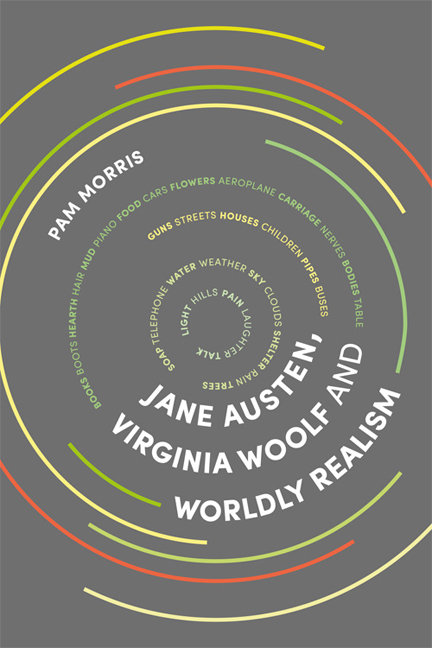2 - Mrs Dalloway: The Spirit of Religion was Abroad
Summary
‘We think back through our mothers, if we are women’, Woolf famously said. If Woolf has a literary mother it must surely be Jane Austen. The recurrent references to Austen throughout Woolf's critical writing express a fascination with and admiration for her artistic achievements. In the essay devoted to Austen in The Common Reader, Woolf's language constitutes Austen's writerly effect in terms that seem almost identical to her own aesthetic. From out of the stream of the commonplace in Austen's narrative, Woolf claims, a moment is suddenly full of meaning, ‘It fills itself; it shines; it glows; it hangs before us, deep, trembling, serene for a second’ (Essays, 4.152). Had Austen not died young, Woolf suggests, her art would have continued to develop. She seems to draw Austen into a continuity with modernism, predicting she would have ‘devised a method […] for conveying not only what people say, but what they leave unsaid […] She would have been the forerunner of Henry James and of Proust’ (Essays, 4.155). Persuasion marks the beginning of a shift in Austen's sensibility, Woolf claims, ‘the observation is less of facts and more of feelings’ (Essays, 4.152–3). Yet despite the apparent dichotomy here between facts and feelings, what Woolf most pervasively shares with Austen is an aesthetic of worldly realism and an antipathy to idealist modes of thought. As against a world ordered vertically and hierarchically, Woolf, like Austen, perceives self, social world, the world of things and the physical universe as a horizontal, material continuum.
Nevertheless, the emphasis upon subjective interiority rather than facts would certainly have seemed, to many of Woolf's first readers, wholly applicable to Woolf's own art. Early criticism of Woolf's novels interpreted them within an idealist perspective as privileging inner states of mind rather than an object world. According to idealist inflected readings, Austen was held to deal with universal and timeless moral values, albeit in a limited domestic sphere, whereas Woolf was read, yet more negatively, as a writer only concerned with a nebulous and class-privileged inner life. Again, as with Austen, Woolf's own family helped seal the negative image. In his biography, her nephew, Quentin Bell, wrote, ‘Her gift was the pursuit of shadows, for the ghostly whispers of the mind and for Pythian incomprehensibility.’
- Type
- Chapter
- Information
- Jane Austen, Virginia Woolf and Worldly Realism , pp. 55 - 80Publisher: Edinburgh University PressPrint publication year: 2017

